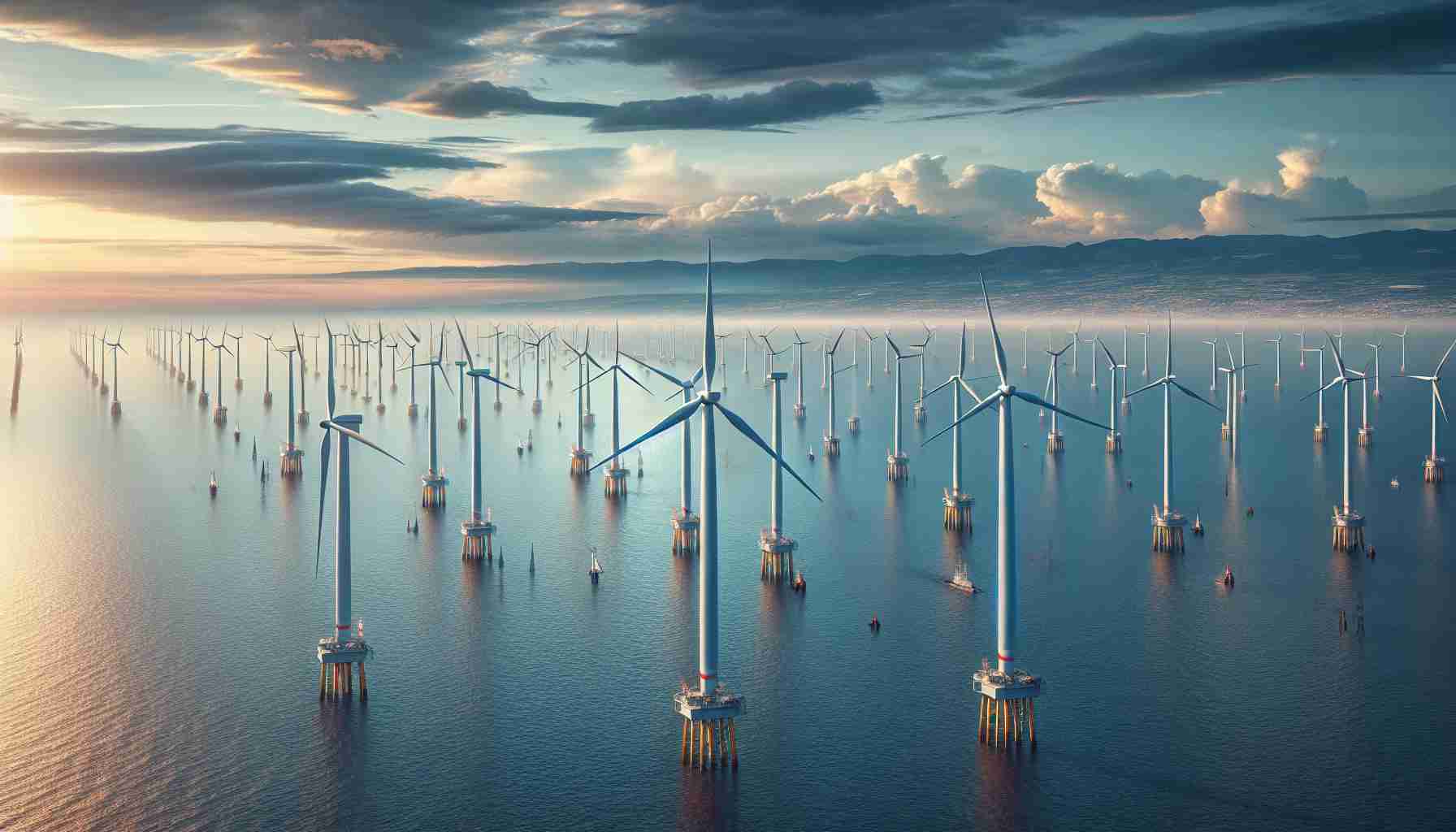France to Launch Major Offshore Wind Energy Initiative
The French government has revealed its ambitious new strategy to introduce the tenth round of bidding (AO10) for the establishment of offshore wind farms, aiming for a capacity ranging between 8 to 10 GW.
Expanding Offshore Wind Projects Across Regions
In a groundbreaking move, the upcoming bidding process will encompass the development of not just two fixed offshore wind farms but also three floating ones. These installations are set to be positioned off the coast of Fécamp in northwestern France, as well as in the waters surrounding Brittany, the western Bay of Biscay, and the southern Mediterranean coast.
Embracing Renewable Energy Targets
The French Minister of Energy has outlined plans for conducting offshore studies in the designated areas starting this autumn. It is anticipated that this bidding initiative will play a crucial role in meeting the target of achieving 18 GW of operational offshore wind capacity by 2035.
Long-Term Vision for Sustainable Energy
Minister of Energy, Olga Givernet, emphasized that these initiatives form part of a larger strategic goal to reach 45 GW of offshore wind capacity by 2050. This bold vision is projected to contribute significantly towards fulfilling 20 percent of the nation’s total energy production through wind energy in the coming decades.
France’s Offshore Wind Energy Expansion Enters New Phase
France’s plans for an extensive expansion of offshore wind energy have taken a significant step forward with the announcement of key details about the upcoming bidding process. As the country pushes ahead with its renewable energy goals, new elements have emerged that shed light on the scale and scope of this ambitious initiative.
New Developments in Offshore Wind Projects
In a move that demonstrates France’s commitment to diversifying its energy mix, the latest bidding round will introduce a mix of fixed and floating offshore wind farms. In addition to the announced locations off the coast of Fécamp, Brittany, the Bay of Biscay, and the Mediterranean coast, there are indications that further areas could be considered as part of the expansion plan.
Key Questions and Challenges
– What impact will the expansion of offshore wind energy have on marine ecosystems and biodiversity?
– How will the French government address potential conflicts with other marine uses, such as fishing and shipping?
– Are there concerns about the visual impact of offshore wind farms on coastal landscapes and tourism?
Advantages and Disadvantages of Offshore Wind Energy Expansion
Advantages:
1. Renewable Energy Generation: Offshore wind farms contribute to reducing carbon emissions and increasing energy independence.
2. Job Creation: The expansion of offshore wind projects can create new employment opportunities in manufacturing, installation, and maintenance.
3. Economic Growth: Investments in renewable energy infrastructure can stimulate economic growth and innovation in related industries.
Disadvantages:
1. Environmental Impact: The installation and operation of offshore wind farms can disrupt marine ecosystems and wildlife habitats.
2. Visual and Aesthetic Concerns: Some stakeholders may raise objections to the visual impact of offshore wind turbines on coastal scenery.
3. Cost and Financing Challenges: Developing offshore wind projects can be capital-intensive, raising questions about the allocation of funding and cost-effectiveness.
For more information on France’s renewable energy initiatives and offshore wind development, visit Energy Department.
